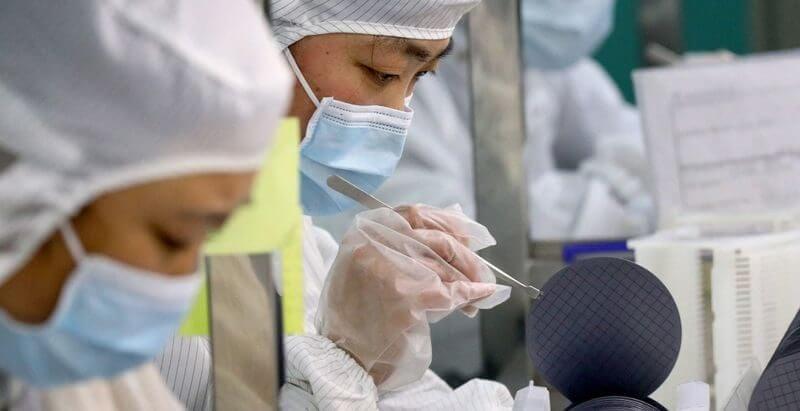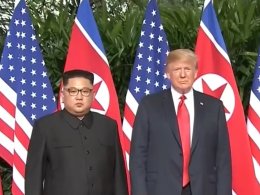By: Will Kessler, Daily Caller News Foundation
The Biden administration plans to allow key allies South Korea and Taiwan to continue their chip operations in China despite previously signaling U.S. reprisals, according to The Wall Street Journal.
The White House will not end the one-year exemptions that were set to expire in October that it previously gave to top semiconductor companies in South Korea and Taiwan, such as Samsung Electronics and Taiwan Semiconductor Manufacturing, the WSJ reported, citing comments heard by several attendees of an industry gathering made by Undersecretary of Commerce for Industry and Security Alan Estevez. The semiconductor microchip ban, which went into place last October, was designed to keep advanced chips from the U.S. and allies out of the hands of Chinese firms, which would limit China’s access to advanced chips for activities like AI research.
U.S. companies scrambled to cut ties with Beijing in October when the newest restrictions were put in place, which were designed to prevent China from illegally copying sensitive technology that could be used to improve Chinese military capabilities.
The move to extend the exemptions comes after a failure by U.S. authorities to effectively stop China from gaining access to chips made by firms in the U.S. and American allies due to the integrated global industry that is difficult to effectively police, WSJ reports. Some chip makers in the U.S. and abroad have pushed against efforts to stop chips from going to China, specifically South Korea, which fears retaliation from China and its ally North Korea.
The Biden administration currently gives subsidies to chip manufacturers, including some South Korean firms, through the CHIPS and Science Act, which it could pull in retaliation, according to a White House press release. The $39 billion in subsidies are designed to support domestic industry, but some of those funds are received by international companies, including South Korean firms, according to the Council on Foreign Relations.
The U.S. has long struggled to keep American semiconductors out of the hands of Chinese companies, with the China Academy of Engineering Physics, which developed China’s first hydrogen bomb, purchasing American chips at least 12 times over a two-and-a-half-year period, violating a ban on the transfer of U.S. technology to organizations associated with the Chinese military.
The U.S. Department of Commerce did not immediately reply to a request for comment.









